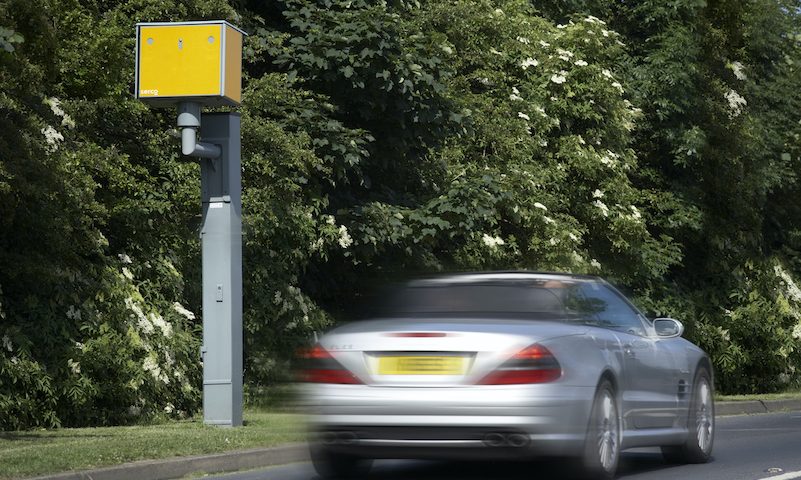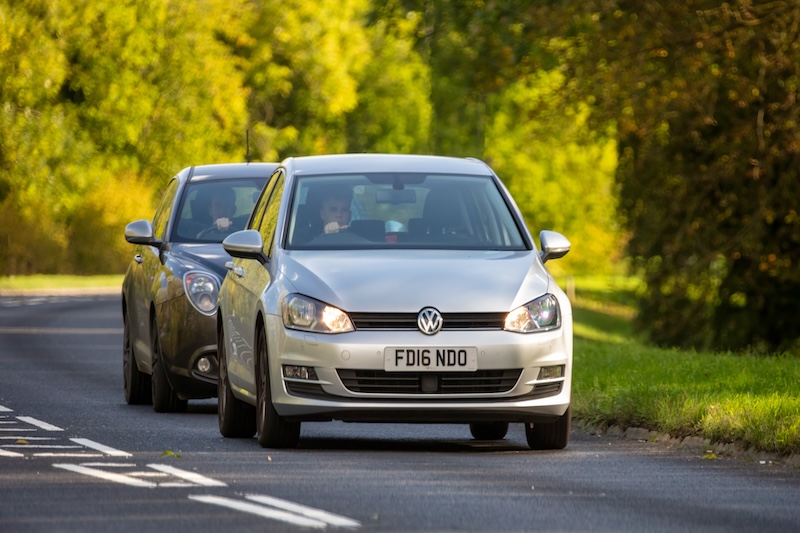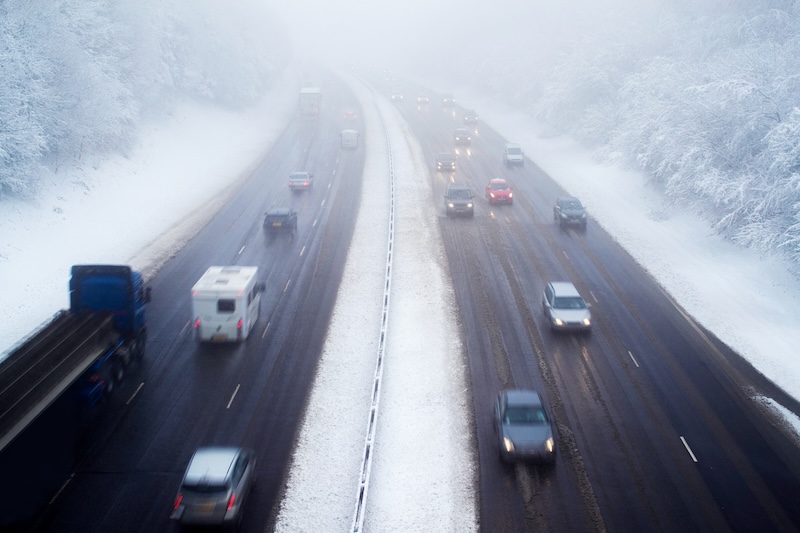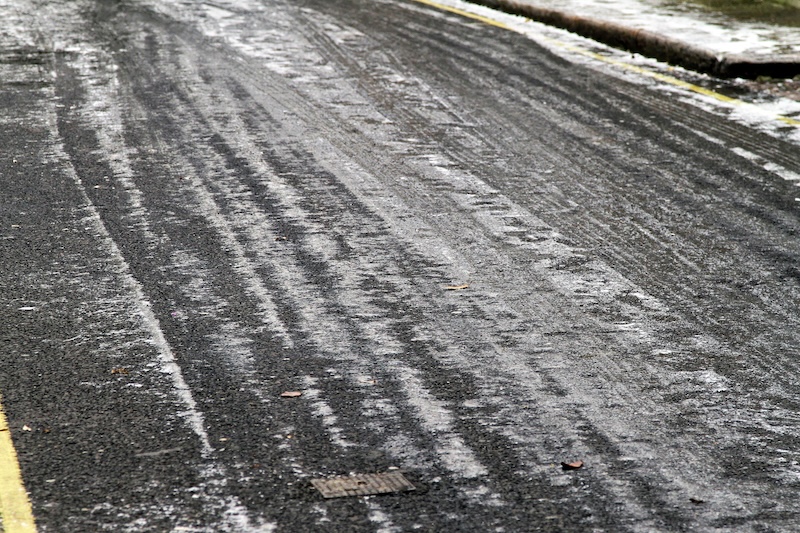How do speed cameras really work in the UK?

Have you ever questioned the accuracy of speed cameras in the UK? You might have noticed drivers exceeding the speed limit on the motorway only to pass by without being flashed by the speed camera, putting other road users at risk.
This is because speed cameras in the UK are designed with a specific margin of error, so drivers are flashed and fined once they surpass a threshold, which some could argue contradicts the point of speed cameras.
Speed limits are put in place to protect road users, so why is a threshold needed and what is the margin of error?
Camera trap threshold speed decoded
According to Auto Express, police forces quoted a threshold of “10% plus 2mph”. That applies to both the Gatso and Truvelo-style cameras, along with average speed check zones using multiple cameras at regular intervals.
This means those driving at 79mph in a 70mph zone for example will be flashed, however, this threshold is optional for police forces to follow, so drivers are still likely to face consequences for going above the limit.
Interestingly, the Lancashire and London Metropolitan Police reported a “10% plus 3mph” threshold, adding an extra mile to each of the figures above.
According to Auto Express, the reason for this higher tolerance in London is due to the higher traffic volume.
Why do speed cameras have a margin of error anyway?
Different car speedometers display speeds to varying levels of accuracy. Some will show you’re doing 60mph when you’re really travelling at 57mph, for example.
So, how accurate are speed cameras in the UK? Construction and use regulations for cars specify the speedometer can over-read by 10%, but under-read by 0%, hence the assumed 10% margin of error.
Basically, the threshold serves to equalise all drivers, and gives them no excuse for breaking the speed limit. If they get caught by a camera trap, their speed is more likely to have been intentional, and so worthy of a penalty.
The safest way to avoid a speeding fine is to make sure you’re always under the limit on your speedometer.
Did you know stopping on the hard shoulder could land you a £2,500 fine? Read our article for more information.
Check out our car insurance policies today!


